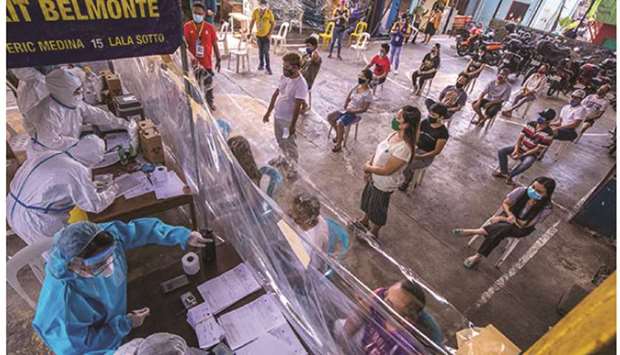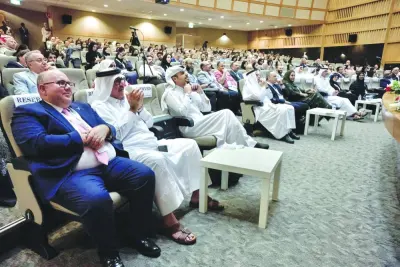Malacanang has said the Philippines was still battling the front end of the coronavirus disease 2019 (Covid-19) pandemic, refuting the health secretary’s claim that the second wave of infections was already here.
In a virtual press briefing, Palace spokesman Harry Roque said Health Secretary Francisco Duque 3rd only had a “different opinion” when he declared that the second wave of Covid cases had arrived.
He added that President Rodrigo Duterte only warned that the country should avoid another upswell of coronavirus cases. “The president is right, we should avoid a second wave.
We are currently on the first wave,” Roque emphasised.
Duque came under harsh criticism after telling a Senate hearing that a second Covid wave had reached Philippine shores after the first wave in January, when three infected Chinese arrived. Roque, however, avoided rebuking him. “Medicine is like law. There is only one law, but there are different opinions. It may be the same with medicine.
There is one science, a single source of data, but they read it differently,” he said.
Roque noted that the three Chinese Covid carriers were too few to make up a wave.
“Let’s just say that he wasn’t wrong, but had a different opinion,” he said of Duque. Asked if the differences in opinion among government officials should be a cause of concern, Roque said: “Perhaps one is not in sync, but the orchestra is fine.” He apologised to the public for the confusion as he admitted that Duque did not inform Duterte about his second-wave theory.
Executive Secretary Salvador Medialdea and Interior Secretary Eduardo Ano were among those who disagreed with Duque. “You know, that is not the president’s pronouncement. When did the second wave start? That we will have to see,” Medialdea said.
“Because as far as I know. We’re not on the second wave yet. We’re praying. Perhaps we pray hard,” he added.
Despite the clash of opinion, Roque assured the public that the government was united in preventing a spike in Covid-19 cases in the country.
Testifying at a House of Representatives hearing, Duque said his statement about the second wave was a mere “casual expression of an epidemiologic fact.” “In the epidemiological sense, cases that show a rise or a crest and then a decrease or a trough, constitutes a wave, although very, very small wave.
Then we had nothing for February, and then this was followed by a bigger wave, which is now what we consider the first major wave of sustained community transmission,” he explained.
“So, either way, it can be easily construed that where we are today is really the first major wave of sustained transmission,” he added.
Epidemiologist Dr John Wong, a member of the Inter-Agency Task Force’s subtechnical working group on data analytics, confirmed the country’s current Covid-19 status.
“What we have now, starting from March until now, is the first wave of sustained community transmission. The cases in January, February, those were our first few cases of imported transmission,” he said.
Wong explained that the country was in the middle of sustained community transmission, which peaked sometime in March. He maintained that the country had “flattened the curve,” having brought down the number of cases and deaths to the capacity that the health system can handle.
Wong, however, warned there could be more waves until a vaccine or treatment is discovered.

Residents of Barangay Culiat in Quezon City, observe physical distancing as they undergo the Covid-19 ‘rapid’ testing at the Vargas Lane covered court during a community based mass testing.


